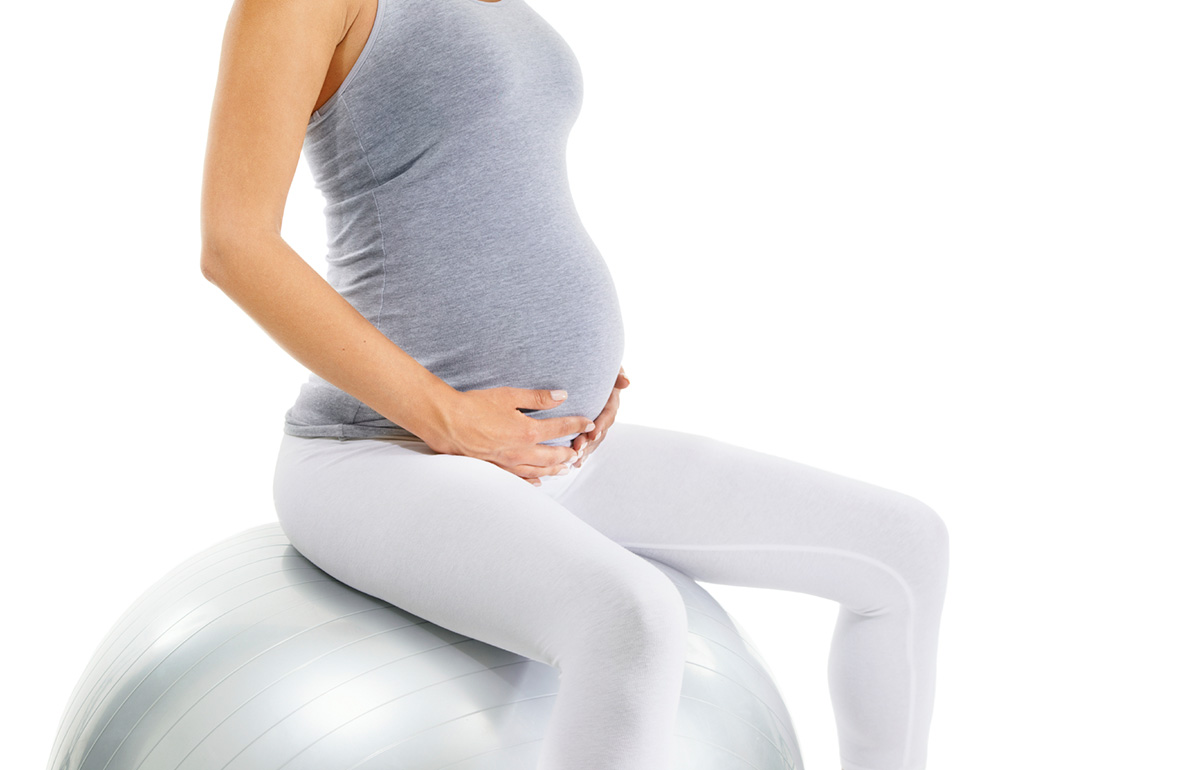
If you have crossed your expected due date, inducing labour seems to be the best possible option for you. However, it isn’t necessary that you need to depend on medical help to induce labour. You can induce labour naturally, without any medical interventions. Here are few ways to help induce labour:
1. Exercise
Walking, of all other physical activities, can help you induce labour naturally. However, remember walking will only help when you have already felt some contractions earlier and aren’t dilated enough to deliver your baby. When you walk, be upright so that the head of your baby presses on your pelvic area, precisely on the cervix. This pressure stimulates the release of oxytocin, internally, that helps in progression of labour. Walking can help the baby take the heads-down position to initiate natural birth, due to the effect of gravity. Here are five ways to start exercising during pregnancy.
2. Nipple stimulation
Nipple stimulation increases the production of oxytocin that helps induce labour. However, this isn’t an instant solution and it might take a while for the oxytocin to form and initiate labour. Many experts advise to practise nipple massage during pregnancy so that the oxytocin released makes the cervix soft, supple and labour-ready when it is time. But some studies state that this natural way of induction can result in long and painful uterine contractions that could lower the fetal heart rate. So the idea is not to overdo the act. If you want to induce labour naturally, practise this throughout your pregnancy spending 15 minutes of your day massaging your nipples. Keep in mind that you need to massage the whole of areola and not just the nipple.

3. Belly massage
You need an expert to perform this massage to jump-start the process of labour. In India, many massage therapists practise belly massage that could initiate labour naturally, especially if you are overdue. However, don’t try to do this yourself. Massaging specific points on the belly helps release oxytocin. Get in touch with a massage therapist before your due date so that you have help at hand if your labour is delayed.
4. Eating tropical fruits
There is a reason why pregnant women are advised against consuming pineapple, mango and papaya during pregnancy. These fruits contain a proteolytic enzyme called bromelain that can bring in labour. However, when one has crossed the expected due date, consuming such fruits makes total sense. The enzyme contained in such fruits helps soften the cervix and initiate labour. The flipside is that there is no evidence that this process works and is safe for pregnant women. Also, the enzyme content in these fruits is very minimal so you need to consume as many as six to seven of them to initiate labour. The most-likely side-effect of this overdose could be a severe case of diarrhea. Here are seven things you should avoid eating during pregnancy.
5. Having spicy foods
It is believed that having spicy foods just before labour can help in dilation, induce uterine contractions and help in smooth, trouble-free labour, however, this traditional belief isn’t scientifically proven yet. Gorging on spicy foods during your expected delivery day, when contractions have not set in could possibly irritate your intestine and hence cause your uterus to contract. But beware, too much spice in your food before labour could bring in heartburn and bloating instead of contractions.
6. Dance therapy
To opt for belly dancing during pregnancy is a good choice. It is a fun exercise for pregnant women and keeps the hormonal and energy levels in check. Practising some moves can help induce labour. The reason being, swaying of your hips and belly will help your baby turn into the heads-down position and press on the cervix to help it dilate naturally. However, be careful that you don’t do any vigorous moves that can harm your baby or lead to fetal distress.
7. Sipping on herbal tea
It is best to avoid having herbal tea during pregnancy due to the caffeine content in them. However, raspberry leaf tea can do wonders during labour. Sipping on raspberry tea during labour can help dilate the cervix and strengthen the entire pelvic area. It is packed with vital minerals and vitamins and plays a key role in initiating the labour process.
8. Consuming castor oil
Castor oil is considered to be a natural element in inducing labour. Many practitioners also advise pregnant women to consume specific doses of the oil mixed with milk, if she has crossed her due date. How castor oil helps to induce labour is not known completely but the oil acts as a laxative for sure. Apart from that, it can also give rise to symptoms like nausea and vomiting.

9. Sex
Of course when you have crossed your due date and are tensed about labour, sex is the last thing on your mind. Moreover, it is advised to avoid sex at least four weeks prior to your delivery, however, it can be an excellent way to induce labour. This is because your partner’s sperm contains prostaglandins, a hormone that helps to thin and dilate the cervix, helping it open for labour. Apart from that, an orgasm will also help release oxytocin in the body that can help induce labour. However, you should avoid having sex if you are suffering from placenta previa or vaginal bleeding close to your due date. Here is a step-by-step guide for having sex during pregnancy.
10. Acupressure and acupuncture
These are alternative therapies that many people resort to, to induce labour naturally. Keep in mind you will need an expert or a certified therapist to do it for you. In acupressure, specific points in the body are stimulated to initiate uterine contractions, while in acupuncture, needles are interested on specific points of the body that could initiate labour.
11. Perineum massage
Massaging your perineum with evening primrose oil can help the cervix to loosen and dilate. Consuming evening primrose capsules can also have the same effect. However, avoid using this herb and herb extract if your pregnancy is considered as a high-risk one.
12. Homeopathy
This can pose to be the safest bet to induce labour naturally. Homeopathy drugs can help to set in uterine contractions when prescribed by a registered homeopath. These drugs usually have no side-effects. However, their efficiency is not proven yet.
Originally published on www.thehealthsite.com